According to a recent Gallup poll, 89 percent of Americans say they are either “completely” or “somewhat” satisfied with their job. Does that mean millions of Americans have found their “dream job?” Not necessarily, says Arthur C. Brooks of The Atlantic. “To be happy at work,” says Brooks, “you don’t have to hold a fascinating job that represents the pinnacle of your educational achievement or the most prestigious use of your ‘potential.’ Satisfaction comes from people, values, and a sense of accomplishment.”
That’s a truth that mental health advocate, speaker and LPA-certified coach Stacy Thrall knows well—and the path to finding that satisfaction is not always linear. For Stacy, her path was revealed, in part, by storytelling and advocacy.
Here on Earth
In 2006, after several years working as a physical therapist assistant, Stacy founded Here On Earth Adult Day Services in Londonderry, New Hampshire, the town she and her husband called home for 20 years. Here On Earth provided home-cooked meals and weekly activities—from art to Tai Chi classes—for older adults living with early- to mid-stage Alzheimer’s and dementia. These services helped prevent early placement in nursing homes and enabled caregivers to remain in the workforce. “I really considered this my life’s calling,” says Stacy. “The work brought me great joy.”
But her rewarding work was interrupted a few years later when, returning home from a vacation, Stacy suddenly experienced mental health issues in the form of hallucinations, intrusive thoughts and the need for isolation.
“Without having any history of mental health experiences, or even seeing anyone go through something like this, I didn’t know what was happening,” Stacy said.
Thankfully, with the support of her husband and family, Stacy was able to get a diagnosis of bipolar I disorder, receive professional help and proper medication. This enabled her to focus on her healing process and on how to stabilize her condition. In 2013, she transitioned from her work at Here on Earth to another job working with older adults.
But the stressors of a new position proved difficult. Stacy was transparent in disclosing to her new boss the mental health issues she was navigating. However, rather than receiving help and compassion, Stacy was fired by her new employer—a terrible blow to her mental health that escalated into mania because she was not receiving the right treatment at the right time. “It took me two years to fully recover,” Stacy remembers.
Finding stability
In 2017, fate brought Stacy to an article by Katherine Switz, founder of The Stability Network, a mental health advocacy group dedicated to reducing the stigma around mental health and advocating for mental health in the workplace.
Stacy applied to be part of The Stability Network and was accepted. She attended a conference where she met “Stability Leaders,” people living with mental health conditions and thriving in the workplace, who were willing to share their personal stories as advocates. “I had been wondering: where are the people who have mental health conditions but still want to be in the workplace, like me?” Stacy remembers. She found them at The Stability Network, in a Living Proof Advocacy (LPA) workshop, where she had the opportunity to begin exploring her lived experience as a source of advocacy.
“I was immediately drawn to what these Stability Leaders were doing, and it was such a safe space LPA had created,” Stacy remembers. “That’s when I began dabbling with exploring my own story.”
That exploration led to Stacy’s realization that she had been discriminated against when she was fired without compensation or disability—and that she wanted to advocate for those with similar experiences.
Fast-forward five years. Stacy continued to craft her experience into advocacy for safe disclosure and open conversation in the workplace to prevent what had happened to her in 2013. She also became a certified health coach and started her own coaching consultancy. “This would give me an opportunity to take care of myself, heal myself, while also continuing to help other people,” Stacy remembers.
Then, in 2022, Stacy took the next step and became certified in Living Proof Advocacy coaching methods.
Paying it forward in her community
As an LPA-certified coach, Stacy is helping new Leaders at The Stability Network travel the same path she did to transform her lived experience into valuable advocacy for mental health. “My own personal platform is to advocate for safe disclosure in the workplace,” says Stacy. “But now, as a coach, I also look at advocacy with a broader lens to support others working on issues in addition to mental health, for example: people who do not have support systems or who face barriers to getting basic needs. People facing systemic inequalities leading to compounded issues, such as increased risk of homelessness, chronic illness and dying by suicide.”
And that’s precisely what Stacy is currently doing: helping nurture advocates in her home community of the Northeast Kingdom, a region of three counties in the northeast corner of Vermont, where Stacy and her husband now live. In 2022, Stacy was awarded a grant through the Centers for Disease Control and Prevention that enabled her to partner with Living Proof Advocacy to offer Telling Our Stories to Make a Difference: Giving Our Voice to Systemic Inequalities. The program provides three community leaders with certification as LPA-trained coaches and training for a first cohort of advocates who will be sharing their stories on behalf of marginalized communities in the region.
“People who have faced systemic inequality their entire lives need a safe space and the tools to build confidence and realize their power. They can do this by learning storytelling skills and how to make clear calls to action,” says Stacy. “This is why I advocate: to elevate the voices of those who are not seen or heard. As a coach, I can help bring those tools to my community.”


